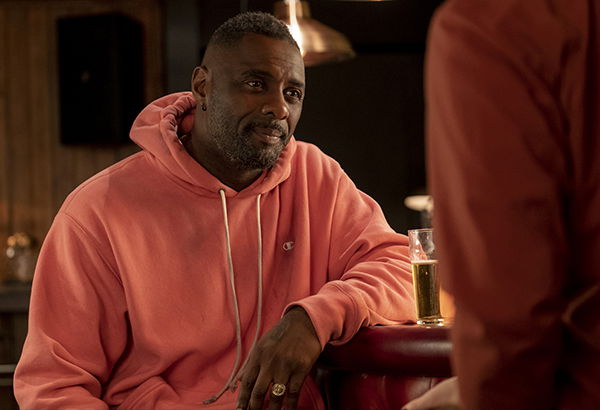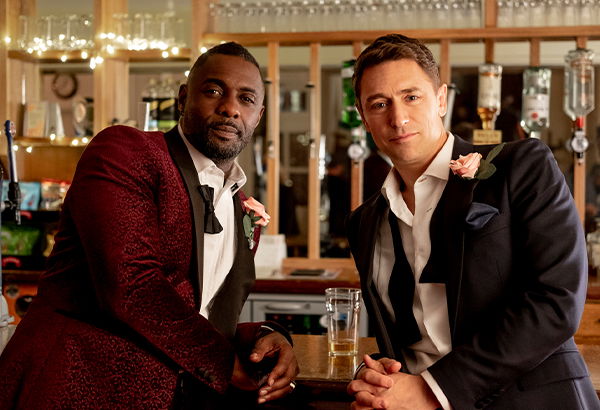
Some actors fit neatly into a genre. Idris Elba kicks the door down and takes them all. He’s not just an actor: he’s a producer, a DJ, a voice that rumbles through animated worlds, and a presence that dominates any screen he steps onto. Call it charisma, call it intensity, call it sheer star power: Elba has it in spades, and it’s why audiences from London to Los Angeles can’t look away.
Idris Elba charges every role with. In Pacific Rim, he wasn’t just piloting a Jaeger; he was the pulse of the movie, thundering through with that unforgettable “cancel the apocalypse” fire. In Hobbs & Shaw, he swaggered in as Brixton Lore, a self-proclaimed “Black Superman” who stole scenes from two of the biggest action stars on the planet. As Bloodsport in The Suicide Squad, Elba gave DC’s chaos a gritty anchor, part mercenary, part broken father, all intensity. In Beast, Elba squares off against a lion, but what makes that film crackle isn’t the claws and teeth, it’s the raw human stakes. He plays a father fighting to protect his daughters in a wilderness that feels as merciless as it is majestic. It’s survival cinema, but Elba grounds it with emotional weight. The result? A thriller that’s part roar, part heart. And then there’s Thor, where his Heimdall stood watch over the realms, a steady, soulful presence that grounded the spectacle with gravitas.
But Elba’s screen power isn’t limited to muscle and myth. His voice alone is a force of nature: deep, resonant, impossible to ignore. He turned Chief Bogo in Zootopia into more than comic relief, and transformed Shere Khan in The Jungle Book into a velvet menace, every word dripping with danger. Villain, hero, mentor, menace, he slides between them with ease, carrying the same magnetism whether he’s saving the world or tearing it apart.
What makes Elba different is the sheer scope of it all. He’s not confined to one box or one genre. He’s the blockbuster general, the animated powerhouse, the wild-card antihero. On the big screen, that range feels supercharged. He doesn’t just play characters; he inhabits them so fully that the audience leans in, waiting for what he’ll do next.

If Beast shows Elba’s fight, Luther shows his fire. As Detective John Luther, Elba created one of the most unforgettable figures in modern television: a detective who’s as haunted as the criminals he hunts. He’s not a saint in a badge, he’s brilliant, obsessive, reckless, and often compromised by his own sense of justice. That complexity made Luther feel both larger-than-life and deeply human, a man who could outthink killers but not escape his own demons.
Over five seasons, Elba turned Luther into a cultural phenomenon. The show reimagined and reshaped the police procedural, fusing the grit of British crime drama with psychological depth and cinematic flair. Elba’s performance earned him a Golden Globe and critical acclaim worldwide, but more importantly, it sparked conversations about morality, obsession, and what it means to fight darkness without becoming consumed by it.
And the journey didn’t end on the small screen. When Luther: The Fallen Sun hit cinemas, it proved that this character wasn’t bound by episodic storytelling. Elba scaled up effortlessly, carrying Luther’s intensity into a high-stakes thriller that worked as both a continuation for longtime fans and a bold entry point for newcomers. It was confirmation of what audiences already knew: Luther is a role Elba inhabits so fully, it feels impossible to imagine anyone else in the coat.
Idris Elba is impossible to pin down: one minute he’s chasing killers through rain-soaked London, the next he’s saving the world, voicing a tiger, or outpacing a lion. That unpredictability is the thrill. You never quite know which Elba you’re going to get, only that it’ll be worth watching.